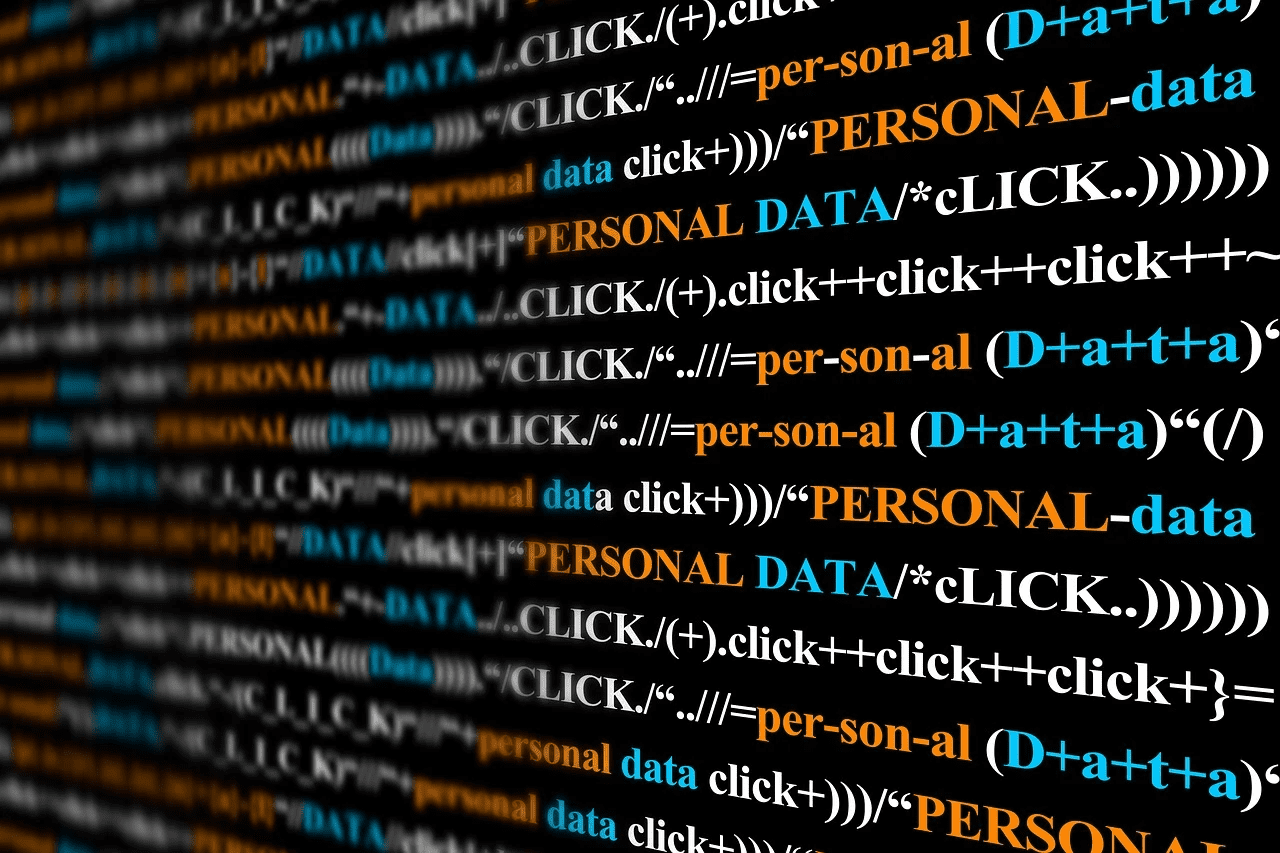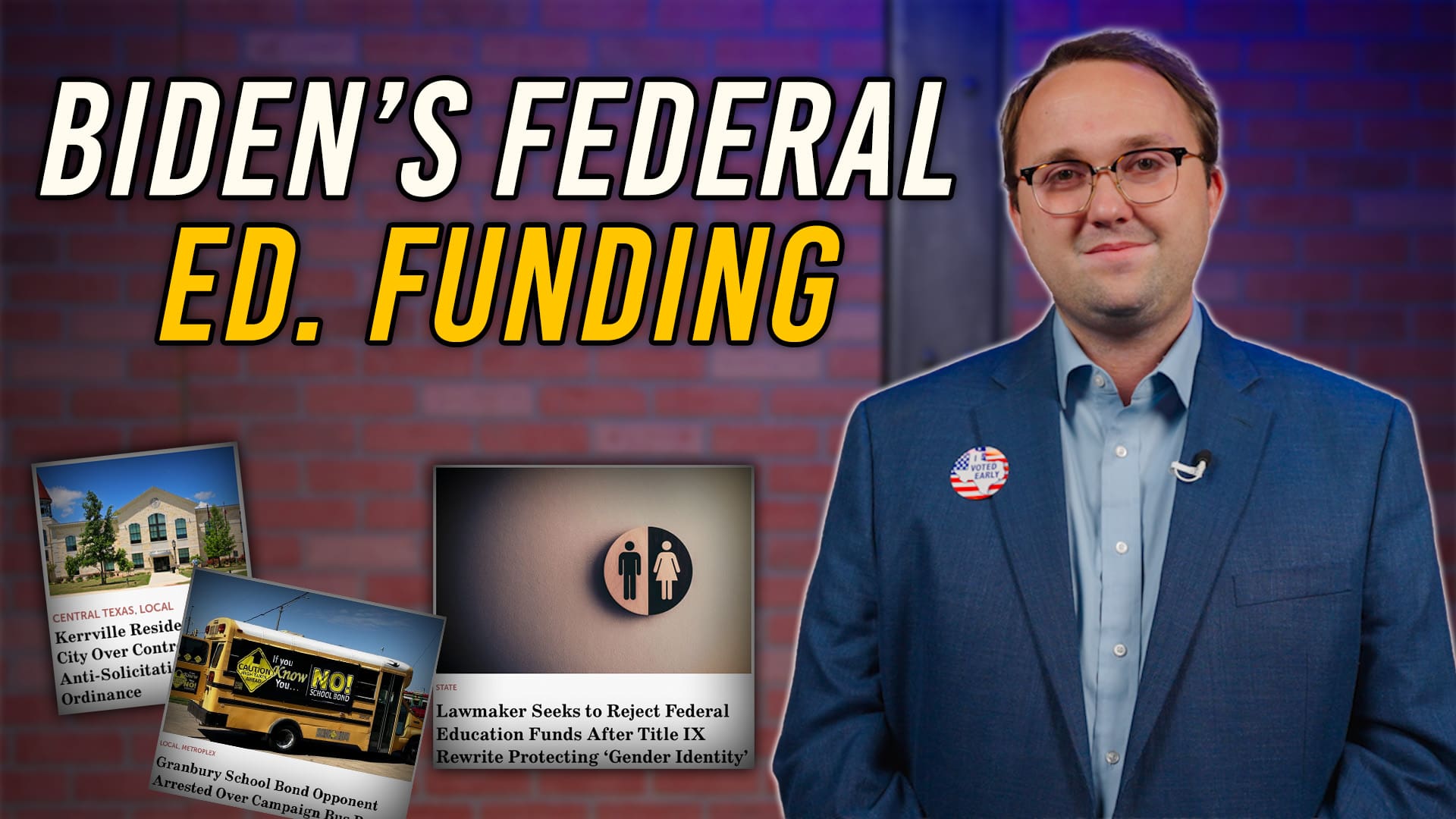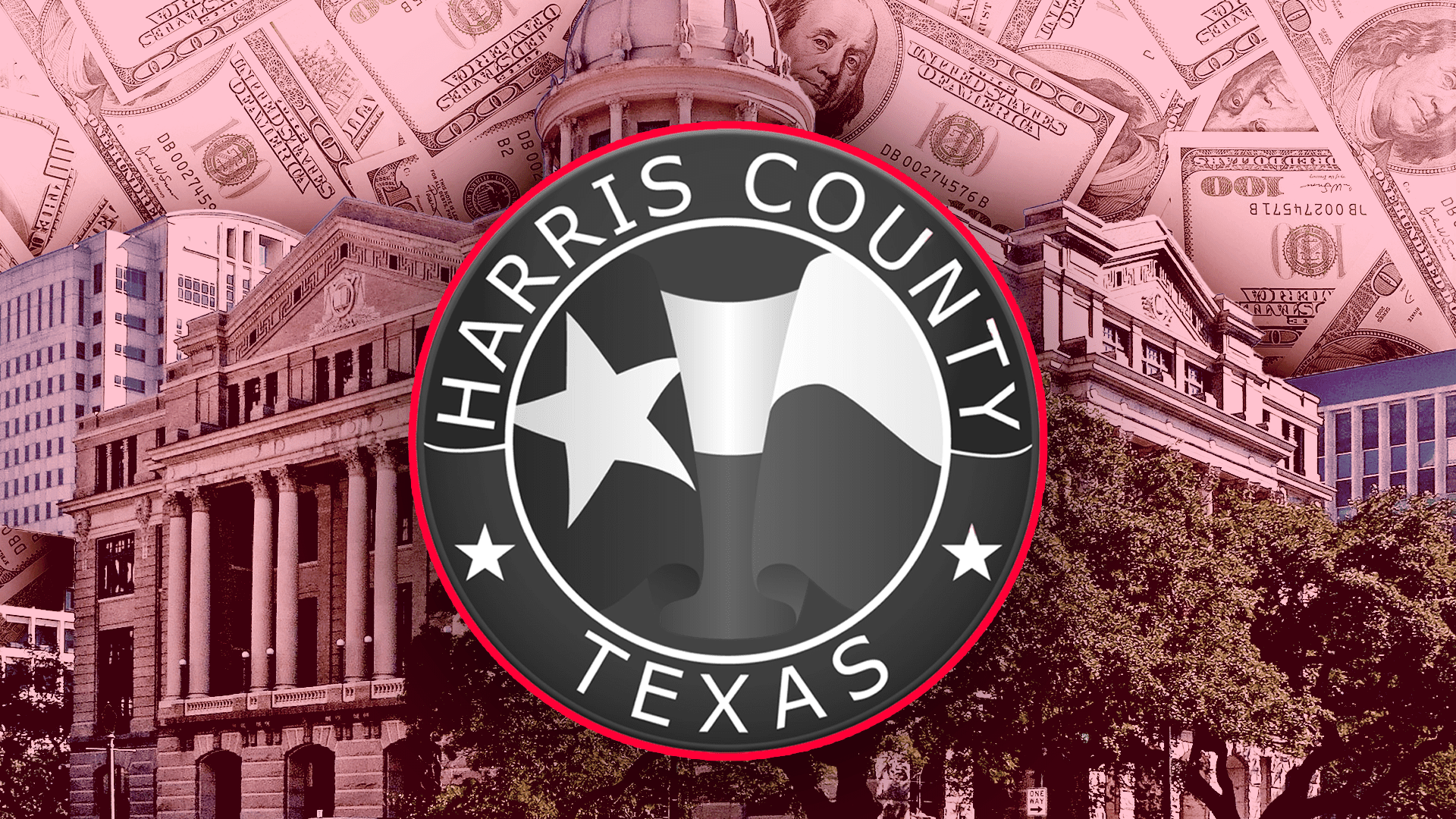Legislation intended to protect consumers’ data privacy but criticized as being vague and costly was unanimously approved in the Texas House.
The proposal requires certain businesses to disclose how they use consumers’ personally identifiable information and offer them the opportunity to opt out of its collection.
Critics argue, however, that it isn’t the right solution to the real problem.
House Bill 4 by State Rep. Giovanni Capriglione (R–Southlake) would require businesses that operate in Texas to notify customers of their data collection policies and provide them with information on how to access, correct, and delete their personal data as well as opt out of further collection. Small businesses designated as such by the federal Small Business Administration—typically those with fewer than 500 employees—would not be subject to the law, with the exception that they must obtain consent to sell consumers’ personal data. Nonprofits are also excluded from the legislation.
Advocates for data privacy argue that since Congress has not passed comprehensive legislation on the issue, states must take the lead to protect consumers. The Texas Data Privacy Act, as the measure is called, is modeled after the European Union’s General Data Privacy Regulation and the California Consumer Privacy Act, which are largely responsible for the proliferation of pop-up notifications prompting users to accept “cookies”—small files that track online activity on a specific website—when browsing the internet in recent years.
The bill was approved by a vote of 146-0 in the House and was supported by nearly every witness during its committee hearing, including representatives from Walmart, Microsoft, multiple business organizations, and the Texas Public Policy Foundation.
However, some have argued the bill doesn’t go far enough and would likely be ineffective.
Steve Perkins, a market analyst of 40 years, said he thought a universal opt-out list similar to the National Do Not Call Registry would be a more effective mechanism for protecting consumer data than requiring individuals to contact each company with which they do business. He said the current proposal reminds him of “an old farm saying: It’s sort of like trying to close the barn door after the horse is out.”
Gregory Porter, an entrepreneur who previously worked for Cisco Systems, said he thinks businesses should only collect personal data when individuals explicitly opt in. Right now, he argues, consumers don’t have control over their data, and businesses have exploited it for enormous profit. He fears it won’t be too long before corporations in collaboration with governments will use people’s personal data to implement a social credit system like that found in the People’s Republic of China.
“Until we make it very clear and explicit that the individual owns their data, we will never be able to address this to protect our rights, because the risk is no longer that you’re going to have your identity stolen, it’s that a corporation will tell you how you can use your credit card,” Porter explained.
Helena Abbing, an advertising professional who works for Austin-based GSD&M, submitted written testimony arguing that Texas lawmakers should align new data privacy legislation with that passed by other states such as Virginia and California to reduce compliance costs. Abbing cited an unnamed study that estimates complying with existing laws could cost businesses up to a trillion dollars over 10 years.
Attorney Tony McDonald has also analyzed the bill, saying its application to small businesses is not clearly delineated and its definitions of “political organization” and “nonprofit organization” are exceptionally vague.
“Because of the very poor way it is drafted I suspect it will create tens of billions of dollars in compliance costs,” he explained. “I doubt anyone is really reading it.”
House Bill 4 has been designated a legislative priority by Speaker Dade Phelan (R–Beaumont), who said it “would grant Texans new online rights, including the ability to crack down on how companies collect, and in instances profit from, their personal data.”
When Capriglione explained the bill to House members, he said it “confers rights to Texans to make sure that their data is their data and that they have control over that data,” adding that it would “create the strongest data privacy legislation in the entire country.”
The bill must pass the Senate and receive Gov. Greg Abbott’s approval before it becomes law.
No ads. No paywalls. No government grants. No corporate masters.
Just real news for real Texans.
Support Texas Scorecard to keep it that way!





